Recently, the discussion of a scheme according to which the war ends along the front line, and the part of Ukraine controlled by Kyiv joins NATOreceiving security guarantees that will make a new invasion impossible.
The lands seized by Russia, according to this scheme, are not officially recognized as the territory of the Russian Federation (it is believed that this is still the internationally recognized territory of Ukraine), but security guarantees do not apply to them. That is, if Russia attacks Ukraine again, then Article 5 of NATO may be invoked, but if the Ukrainian Armed Forces want to recapture the occupied territories, then the Alliance will not enter into a new war between Russia and Ukraine.
Former NATO Secretary General Stoltenberg gave an example West Germanywhich was a member of NATO during the Cold War, believed Constitution of its territory and East Germanybut the Alliance’s security guarantees did not apply to the latter.
Moreover, Western media write that the Ukrainian authorities are also ready to consider such a scenario, and it is now becoming almost the main concept of Ukraine and the West after the end of the war. True, in Kyiv, at the official level, this is still refuted. Zelensky still insists that the war must end by reaching the 1991 borders.
Although, if we assume the option of stopping the war along the front line, which would be most acceptable for Ukrainian society and authorities, then first of all this would be a truce followed by joining NATO and receiving full security guarantees. But how realistic is this?
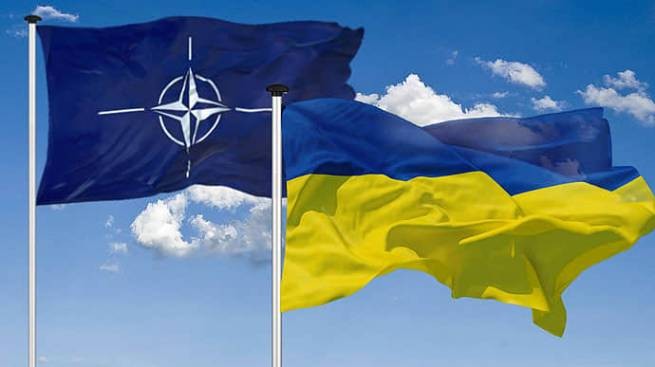
Western countries and Ukrainian authorities like to repeat the phrase “Russia does not have the right to veto Ukraine’s accession to NATO.” But this is not true. Russia de facto had, has and will have the right to veto Ukraine’s entry into the alliance as long as it has the largest arsenal of nuclear weapons and as long as NATO countries do not want to enter into a direct war with it because of this.
This was obvious even before 2022, when even a completely hypothetical (at that time) threat of such a war prompted Western countries to actually block Ukraine’s path to the Alliance (although after 2014, the Ukrainian authorities were already ready to join). And it is even more difficult to imagine this now, when the threat of war between the Russian Federation and NATO has moved from the category of hypothetical to the category of probable.
Even if we assume that Russia suddenly agrees to stop the war without an agreement with Ukraine on its neutral status, but simply “Korean script” – with an indefinite truce along the front line, then even in this case there are no guarantees that NATO will agree to take over Ukraine, whose border with Russia will not be legally fixed by mutual agreement of the two countries and, de facto, will remain a frozen front line.
In order to accept Ukraine into NATO with such introductions, all members of the alliance must be ready to tell Putin something like the following phrase: “if even one Russian projectile or FPV drone flies across the front line into Ukrainian territory, this will mean that Russia has declared war to the entire alliance. The very next day, all NATO countries begin military operations against Russia. And if Moscow uses nuclear weapons, then in response we will launch a nuclear strike on the Russian Federation. And even if the whole world is in ruins, the Ukrainians and I will go to heaven, and you will just die.”
Obviously, there are now no signs that any of the leaders of the leading Western countries will dare to say this phrase even if a truce is concluded in Ukraine, let alone say this in the midst of hostilities.
The West is not ready to expose itself to the risk of nuclear war with Russia for the sake of Ukraine. This has been confirmed many times in recent years.
True, there is another theory that says that Russia would benefit from Ukraine joining the alliance. It was once put forward by Henry Kissinger. In his opinion, if Ukraine is accepted into NATO, this will guarantee that the Ukrainian Armed Forces will not attempt to recapture the territories seized by the Russian Federation by force. However, if the war stops along the front line, then nuclear power Russia is unlikely to be very afraid that the Ukrainian army will try to return the territory by military means. Moreover, if we remember that Ukraine in the period from 2014 to 2022 did not make any attempts to return Crimea by force after its annexation.
Taking into account everything said above, Ukraine’s entry into NATO can only take place if the Russian Federation lifts its “veto”.
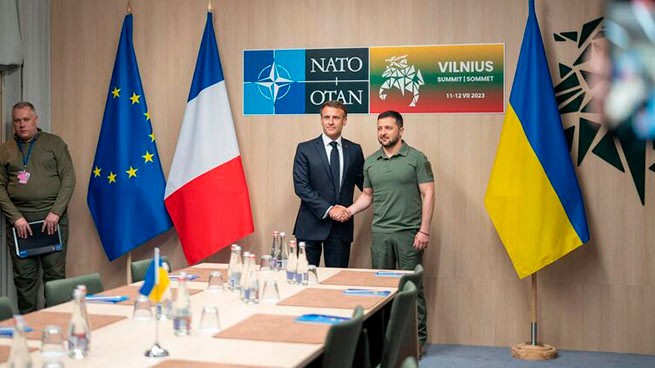
This can happen in two ways:
- Under duress. Due to defeats at the front or destabilization within the Russian Federation. This, as Western media wrote, was the strategic calculation of the Ukrainian authorities in 2023, on the eve of the offensive of the Armed Forces of Ukraine. Kyiv hoped to reach the border with Crimea, after which it would present Russia with an ultimatum – to agree to Ukraine’s membership in NATO, or Ukrainian troops would launch an attack on Crimea, which would be difficult for the Russians to defend due to logistics limitations. The Ukrainian authorities then officially denied that they had such a plan, but it looked quite logical. However, in any case, it was not destined to come true. The Russian Army repelled the offensive of the Ukrainian Armed Forces, and then itself went on the offensive. And at the moment, the prospects for a military defeat of the Russian Federation or the beginning of “turmoil” in Russia look quite doubtful.
- Agreements with Russia. That is, a certain deal is concluded. For example, Ukraine officially recognizes the Ukrainian lands seized by the Russian Federation as Russian territory, and the West, accordingly, lifts sanctions. Russia agrees with Ukraine's membership in NATO. Or, for example, if the West and Russia conclude a strategic alliance with each other, uniting in the “Global North”, and then both Ukraine and Russia will join NATO together.
By the way, the desire to normalize relations with the Russian Federation in one way or another in the future in the media is also often cited as one of the reasons why leading Western countries have slowed down and are slowing down the processes of Ukraine’s accession to NATO – Washington and EU they do not want to finally close the door to agreements with the Russian Federation in the future. But for now, such agreements are purely hypothetical. That is, to summarize, until the issue of Russia’s “veto” is resolved in one way or another, the issue of Ukraine’s accession to NATO is unlikely to reach the stage of practical implementation.
With this in mind Ukraine will either have to fight further until the Russian Federation is forced to change its position on NATO under the weight of military and other problems (but it is unknown whether this will happen, and whether the situation for the Ukrainian Armed Forces at the front will become even worse in the future), or work towards stopping the war on certain conditions, but without the topic of NATObased on the fact that the only real guarantor of the sovereignty and security of Ukraine can only be a powerful Ukrainian army.
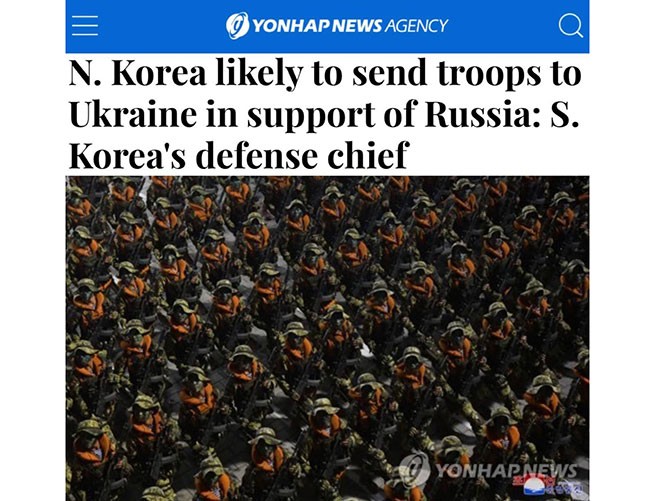
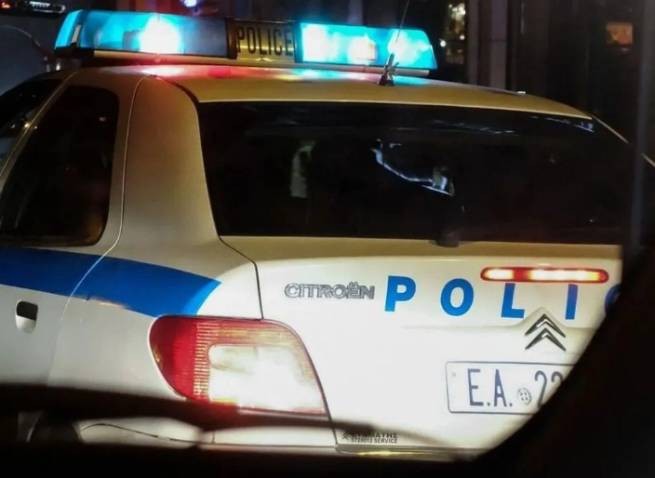
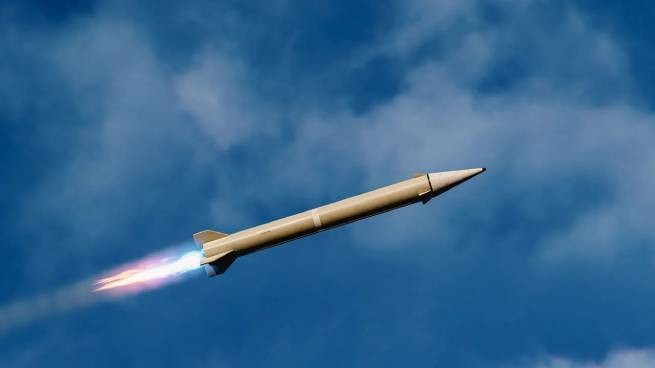
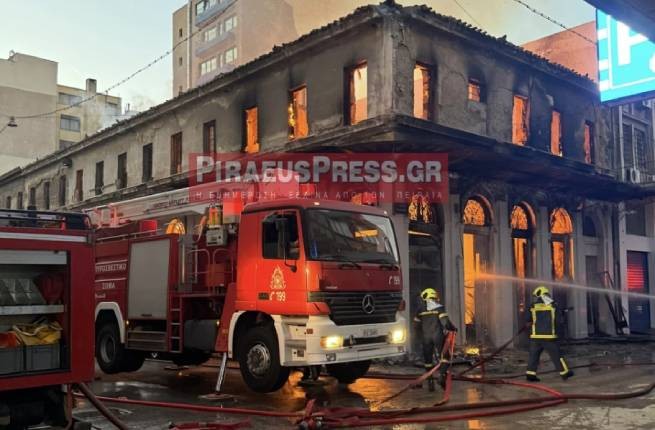
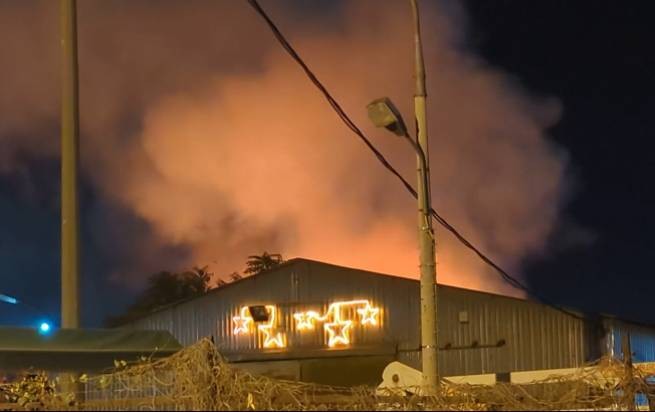
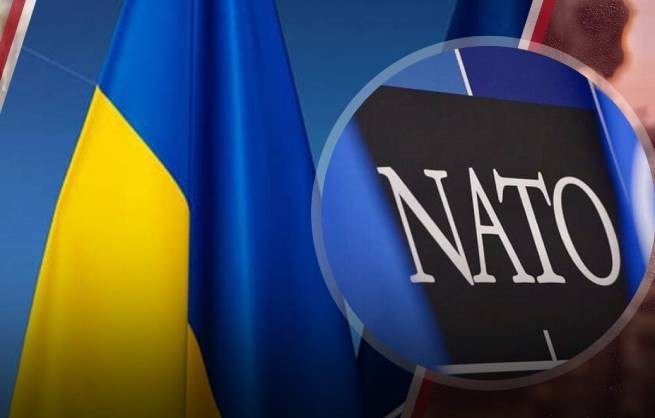

More Stories
Why is it time for the US to take profits from this war?
"Satan-2" – concerns about Russia's nuclear arsenal (video)
Stoltenberg: "Germany joined NATO while divided"